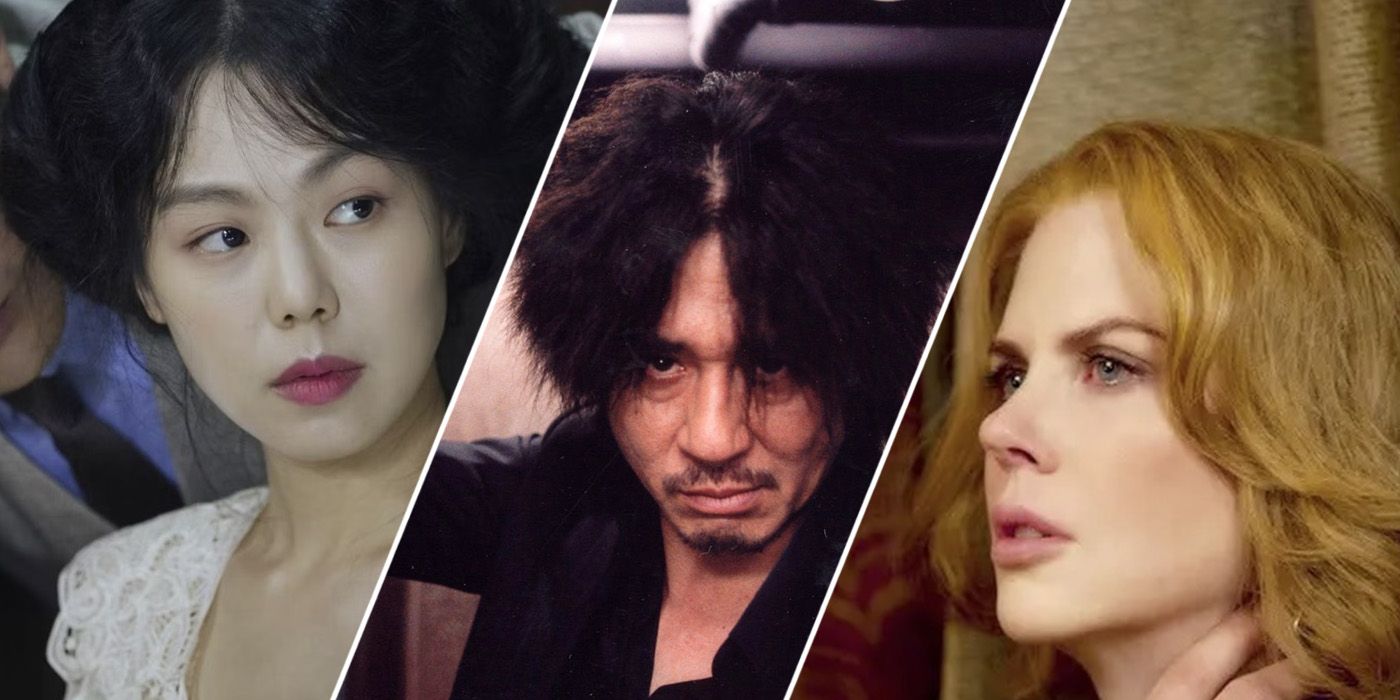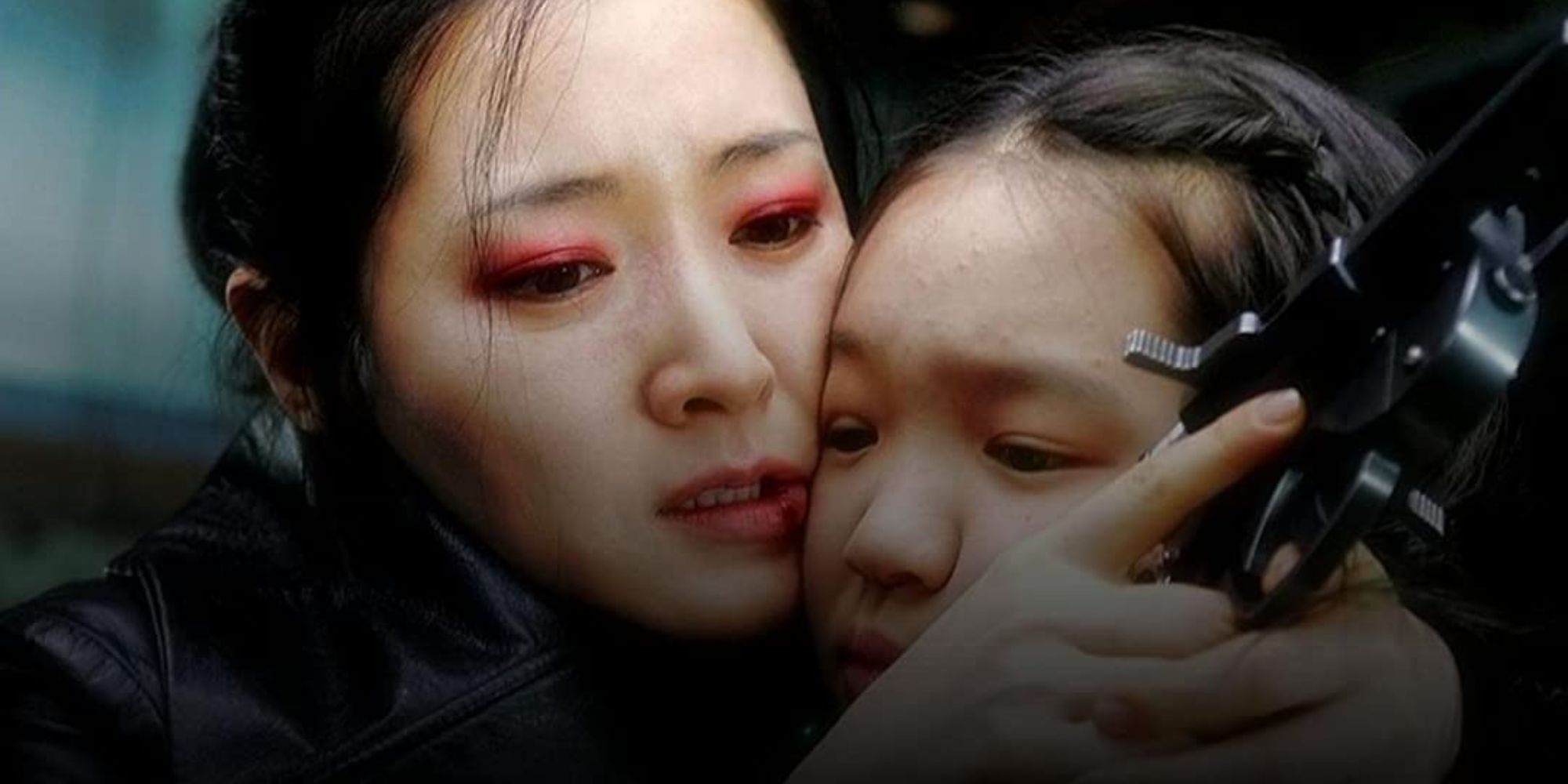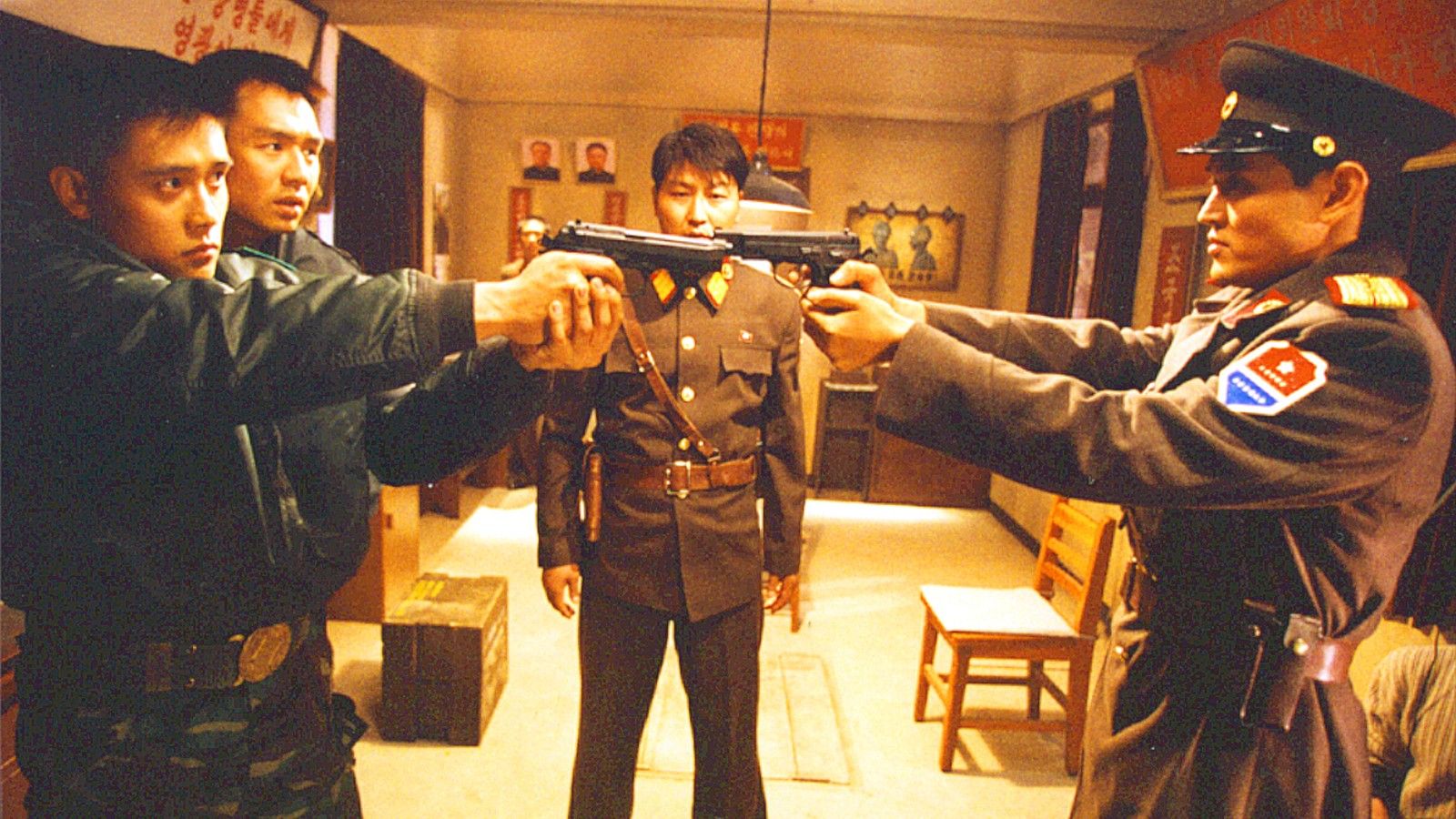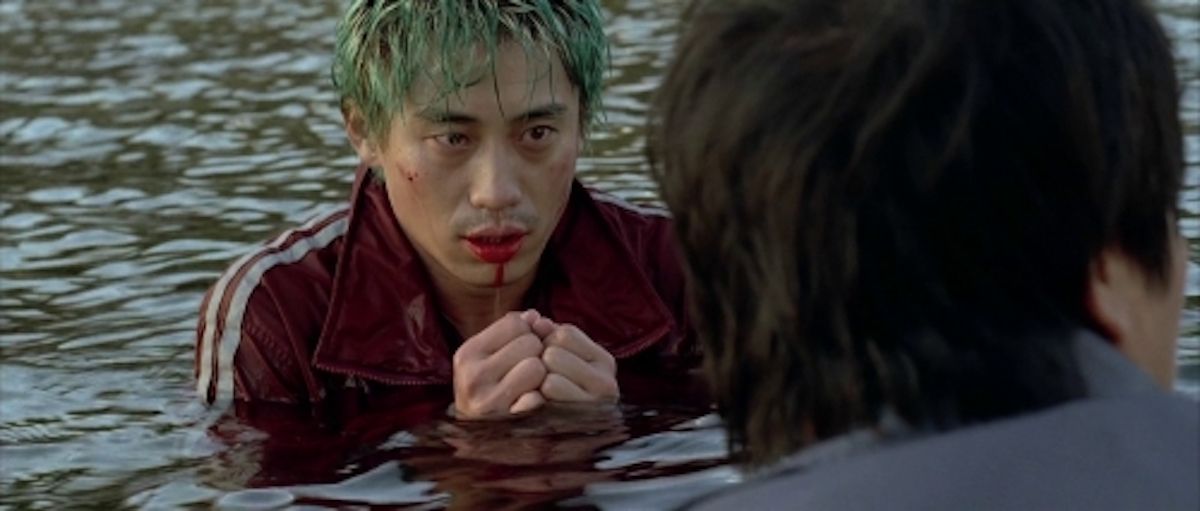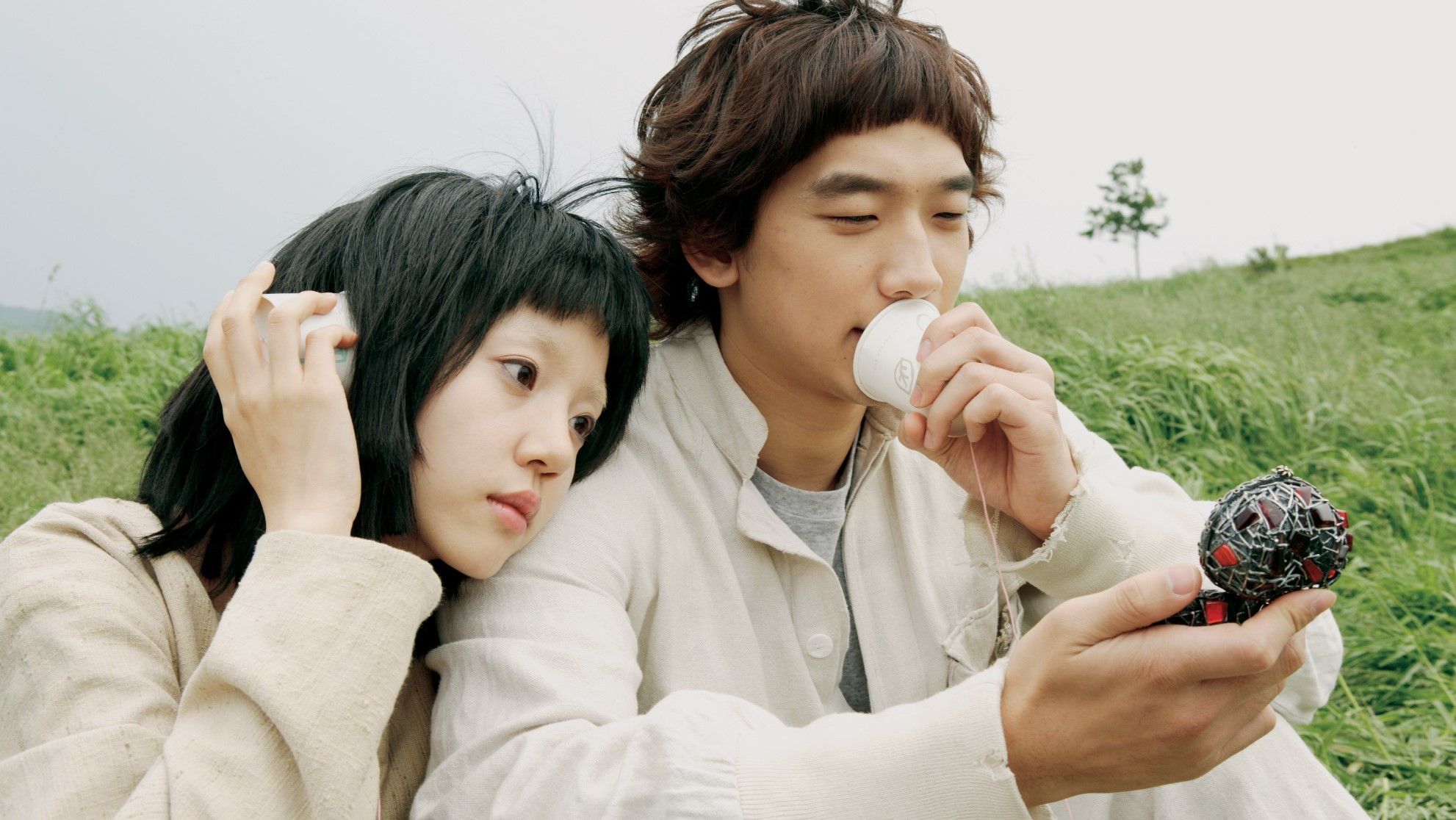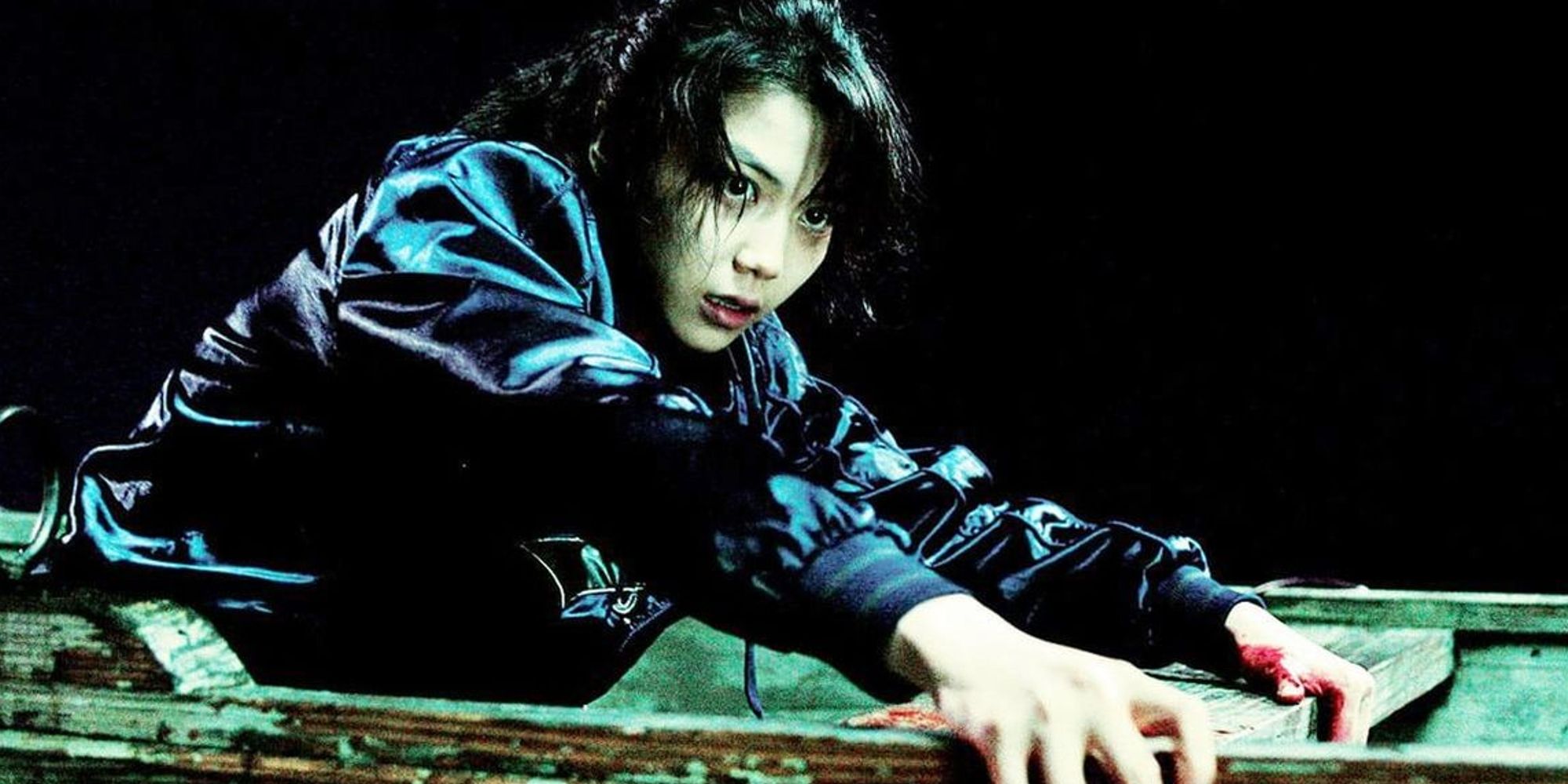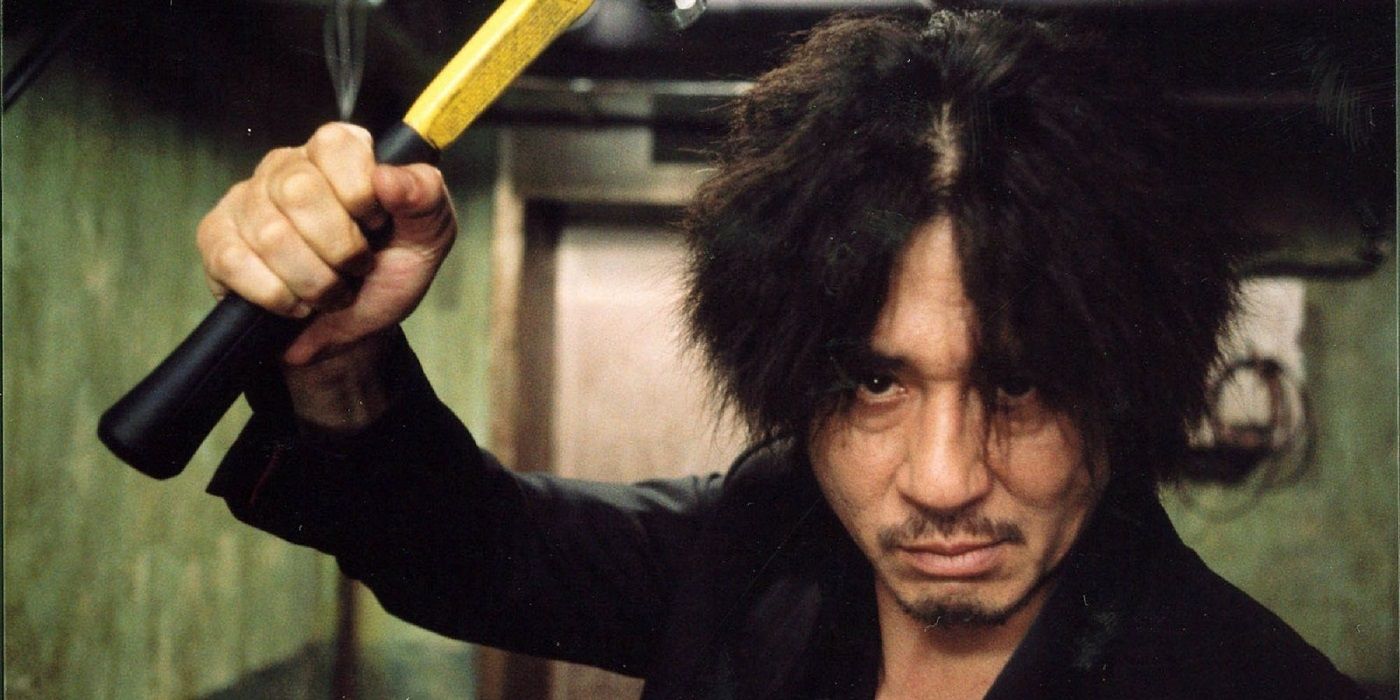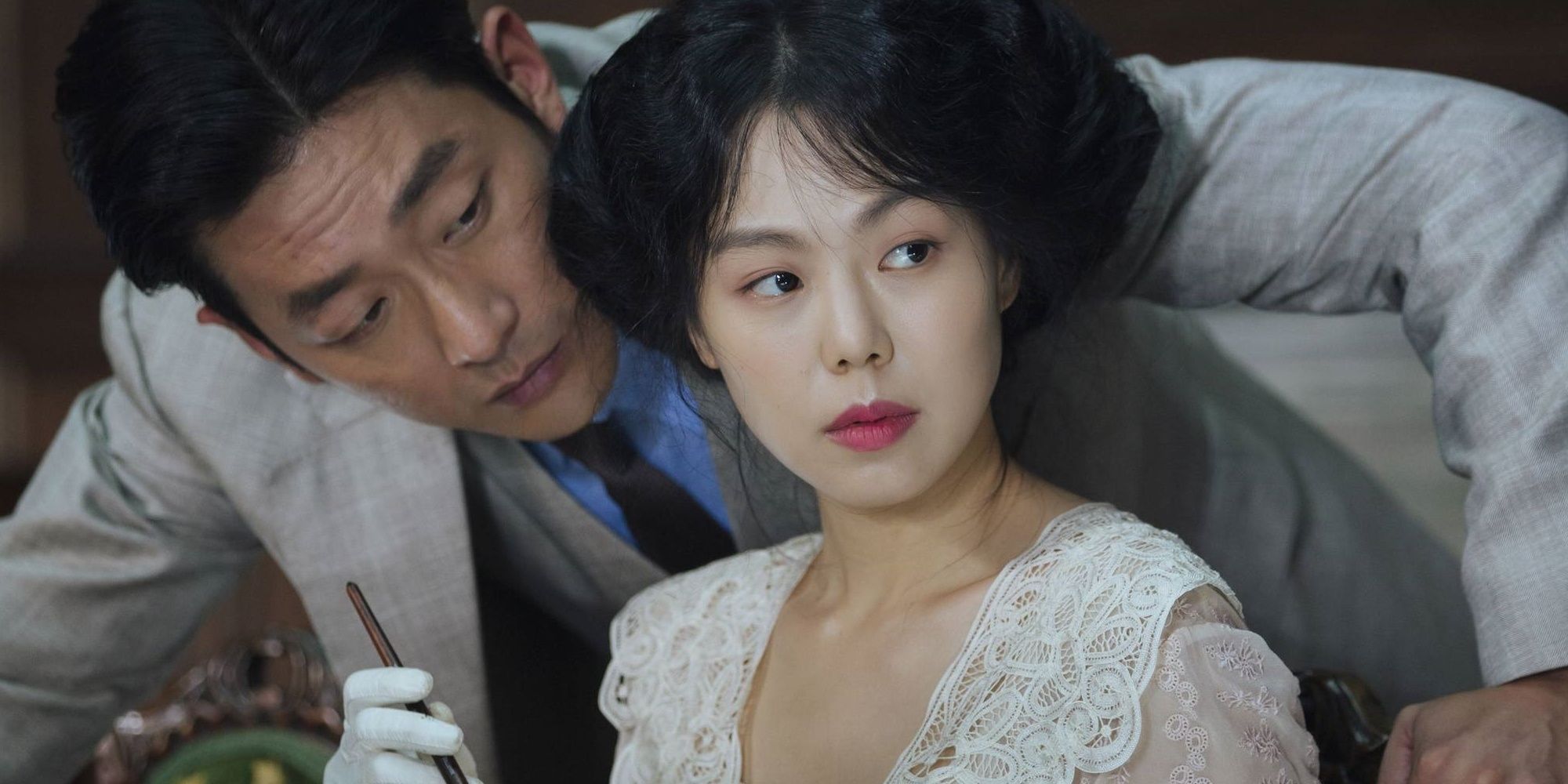South Korean filmmaker Park Chan-wook has rarely missed throughout his career. His skill as a screenwriter matches his skill as a director, and for over 20 years he has brought anguish, joy, splendor, tears, and terror to audiences all over the world. His international success is fully deserved, and he has established a distinctive visual style which has worked across several genres. Park’s desire to become a filmmaker was established when he first watched the Alfred Hitchcock masterpiece Vertigo. He spent the early days of his career as a film critic, and in 1992 released his first movie, a gangster thriller called The Moon is… the Sun’s Dream. His second feature Trio came five years later, but neither made much of an impact. Both movies are difficult to find, and Park rarely acknowledges their existence. Still, not wanting to give up on directing, Park continued developing his craft, shooting the short film Judgement a year before his directing career finally took flight. He has since established a signature shooting style, making films that feature brutal violence and his trademark brand of black comedy. His latest movie, Decision to Leave, is already garnering plenty of positive attention and is scheduled to be release theatrically in October. Until then, here is our ranking of all of Park's theatrical releases.
8. Lady Vengeance (2005)
The conclusion to Park’s Vengeance trilogy may be the weakest, but there is still plenty to marvel at. In the third instillment of the unofficial trilogy, Lee Geum-ja (Lee Yeong-ae) is wrongfully imprisoned for murder and separated from her child, and upon her release, she hunts down the real killer. Choi Min-sik reunited with Park for another terrific performance; he plays the sick schoolteacher Mr. Baek, whose comeuppance is one of the movie’s highlights. Despite a thrilling start and a gruesome end, it's unfortunate that the middle of the movie is rather messy. The non-linear storyline can get quite convoluted, and the meandering pace often fails to keep focus. With Lady Vengeance, Park completes his trilogy in a decent, if slightly underwhelming way.
7. Joint Security Area (2000)
Joint Security Area kick-started Park’s languishing filmmaking career. A moving thriller based on the novel by Park Sang-yeon, it revolves around a fatal shooting incident within the DMZ (Korean Demilitarized Zone), the border that separates North and South Korea. Park allows the mystery to unfold slowly, but it remains engaging thanks to compelling performances by Lee Byung-hun, Lee Yeong-ae (from Lady Vengeance), and the always reliable Song Kang-ho. The truth is revealed in a brilliantly intense scene, and the finale is gut-wrenchingly powerful. Park directs the movie superbly and collected several notable accolades for his theatrical debut. The movie made quite the impact in Korea, and became the highest-grossing film in its history upon release. This is a solid entry into Park’s impressive filmography, but this was just the beginning for him. Better movies would follow.
6. Sympathy for Mr. Vengeance (2002)
After the success of Joint Security Area, Park had creative freedom on his next project. Sympathy for Mr. Vengeance is a gritty, unapologetically violent thriller which sees Ryu (Shin Ha-kyun), a deaf-mute factory worker, take the daughter of a tycoon hostage for ransom in order to pay for his sister’s kidney transplant. Together with his girlfriend Yeong-mi (Bae Doona), they successfully pull off the kidnapping, but disastrous consequences follow. Park delivers exhilarating twists and executes some of the most gruesome violence cinema has ever seen. A landmark in Korean art-house cinema, Sympathy for Mr. Vengeance remains a cruel, tough thriller. Park further developed his visual style and first established his recurring theme of revenge with this film. He also reunited with Song for the second time, and the distinguished South Korean actor once again delivered a magnificent performance.
5. Stoker (2013)
Park’s only English-language movie to date, Stoker is a psychological thriller influenced by the Hitchcock masterpiece Shadow of a Doubt. After her father dies suddenly, India Stoker (Mia Wasikowska) is left living with only her mother (Nicole Kidman) until the arrival of her charming estranged Uncle Charlie (Matthew Goode). Park’s luscious visuals stunningly mix with vicious brutality, and the way he conveys a fairytale-like atmosphere is mesmerizing. Park gets playfully creative with his directing – particularly in one striking transition from Kidman’s brushed hair to windswept grass. The brilliant ways in which he creates tension is comparable to Hitchcock himself. With subtle performances and exceptional directing, Park’s first effort away from Korean cinema was a triumph.
4. I’m a Cyborg, But That’s OK (2006)
Arguably Park’s most unique film, I’m a Cyborg is a quirky romantic tragicomedy with minimal violence. At the time of its release, Park was highly praised for trying something different, and this has since remained a favorite amongst his fans. I’m a Cyborg is the best example of Park’s humor which remains predominantly dark despite the colorful aesthetic. Most of the movie takes place in a mental institution where two unstable patients fall in love. Cha Young-goon (Lim Soo-jung) believes she is a cyborg, and Park Il-sun (Rain) believes he can steal other people’s souls. Witty and weird, this wholly original genre-mashup was not one of Park’s biggest successes at the box office, but it is a surreal love story which delivers a beautifully bittersweet ending. Some may consider it to be a failed experiment from Park, but others will find it to be an utterly entrancing experience.
3. Thirst (2009)
Soaked in atmosphere and blood, Thirst is a vampire tale like no other. Park reunited with Song for a fourth time for arguably their best collaboration. Song plays a Catholic priest who inadvertently becomes a vampire after a botched medical experiment. As he comes to terms with his uncontrollable lust for blood, he befriends the alluring Tae-ju (Kim Ok-bin). Following I’m a Cyborg, Park again displayed his affinity for weird love stories. Park’s stylish direction is exquisitely dreamlike, and his trademark dark humor spectacularly elevates the movie. Clever, disturbing, and inimitable, Thirst is unquestionably one of his finest works.
2. Oldboy (2003)
The second – and easily the best – instillment in Park’s Vengeance trilogy is an insane thrill ride which straps audiences in from the first minute. The pulse-pounding Palme d’Or nominated action thriller follows Oh Dae-su’s (Choi Min-sik) frantic search for his captor after he is released from being imprisoned for 15 years. Packed with jaw-dropping action sequences – most notably, a phenomenal one-shot fight scene in a hallway – Oldboy is so much more than a revenge movie with its incredible reinterpretations of Greek tragedies. Park delivers unflinching brutality and gobsmacking twists with razor-sharp proficiency. There have since been two attempts at remaking – including one directed by Spike Lee in 2013 – but neither have come close to Park’s masterpiece.
1. The Handmaiden (2016)
Inspired by Sarah Waters’ 2002 novel Fingersmith, The Handmaiden is a romantic thriller on a massive scale. Park made drastic changes to Waters’ novel, and transported it from Victorian England to 1930s Japanese-occupied Korea. At a grand 145 minutes, the epic story is told in three parts, each more magnificent than the one before. Sook-hee (Tae Ri Kim), a poor pickpocket, is hired as a handmaiden to Japanese heiress Lady Hideko (Kim Min-hee). However, a seedy conman known as Count Fujiwara (Ha Jung-woo) has hatched a plan to use Sook-hee to marry Hideko in order to steal her inheritance. Park superbly explores class divide and the problematic male attitudes towards women at the time. Fujiwara embodies most of these attitudes for the way he believes he is able to use Sook-hee and Hideko like puppets solely for his own advancement in wealth and society. Park’s terrific exploration of themes such as betrayal, identity, and, of course, revenge results in a powerful message on feminine strength. The many flashbacks could have easily made the movie jarring, but Park ensures it remains coherent, and better yet, compelling. Complete with beautiful imagery and flawless performances, The Handmaiden is Park’s best work to date.

